August is a month that many of us associate with the height of summer, vacations, and carefree relaxation. However, it has much deeper historical and cultural roots that date back to ancient Rome. It is worth taking a closer look at why August bears its name, what changes it introduced to the calendar, and what significance this month holds in various cultures.
Why do we call August August?
The name "August" comes from the name of one of the most important emperors of Rome – Octavian Augustus. In 8 B.C., the Roman Senate decided to honor the emperor by changing the name of the sixth month of the Roman calendar, previously called "Sextilis" (Latin for "sixth"), to "Augustus." This was a gesture of recognition for Octavian, who became the first emperor of Rome and initiated a period of peace and stability known as Pax Romana.
Interestingly, originally "Sextilis" had 30 days. However, to match July, which was named in honor of Julius Caesar (Latin: "Julius") and had 31 days, one day was added to August. In this way, the month of August also gained 31 days, which was meant to symbolize the equal weight and significance of both emperors.
August in Agriculture and Culture
August is also a time that has been associated with harvests for centuries. In many cultures in the northern hemisphere, this month was the period of the most intense fieldwork, during which crops were gathered. In Poland, August is the time for grain harvesting, which was of great importance to local communities. For this reason, in folk tradition, August is also the month of harvest festivals – a holiday of thanksgiving for successful harvests.
The harvest festival was an opportunity for joyful celebration, but also a moment when the community thanked for the crops and asked for prosperity in the coming year. In many regions, the tradition of organizing harvest festivals is still maintained today, where folk groups perform, competitions are held, and harvest wreaths made from the last collected ears of grain are presented.
August in Contemporary Culture
Nowadays, August is still a holiday month, but its significance in many countries goes beyond just a time of rest. In Poland, it is also a month of important historical anniversaries. On August 1st, we commemorate the anniversary of the outbreak of the Warsaw Uprising – one of the most significant events in the country's history. It is a moment of reflection and tribute to the heroes who fought for freedom.
In other countries, August is also a month of music, cultural, or film festivals. For example, in the United Kingdom, the famous Notting Hill Carnival takes place, one of the largest cultural events in Europe, attracting thousands of participants.
Summary
August is a month with a rich history and culture, whose roots date back to ancient Rome. The name of this month is a tribute to one of the greatest emperors in history, Octavian Augustus, and its significance in culture and agriculture endures to this day. For many of us, August is a time of rest and vacation, but it is also worth remembering its historical and social aspects that make it a unique month in the calendar.



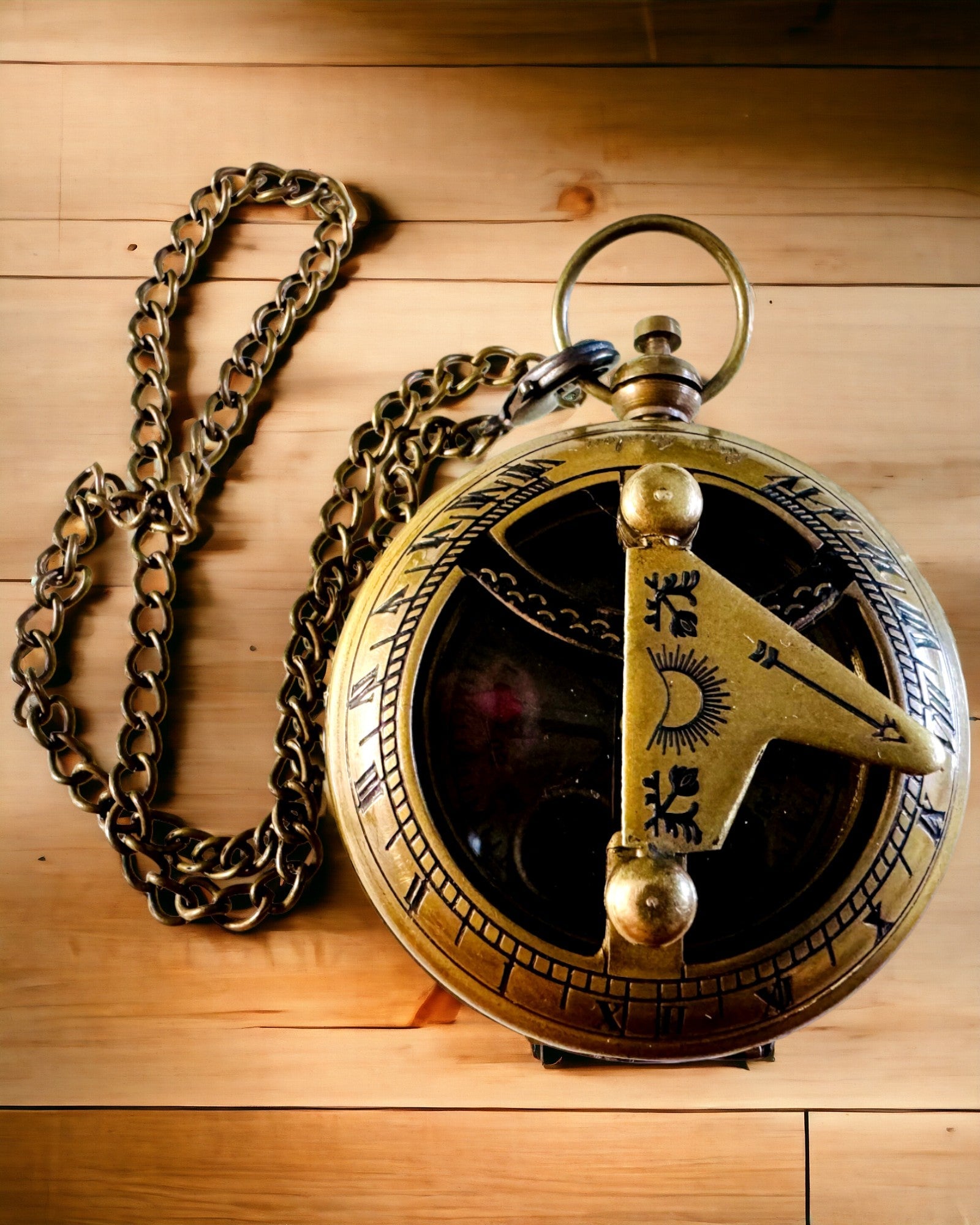

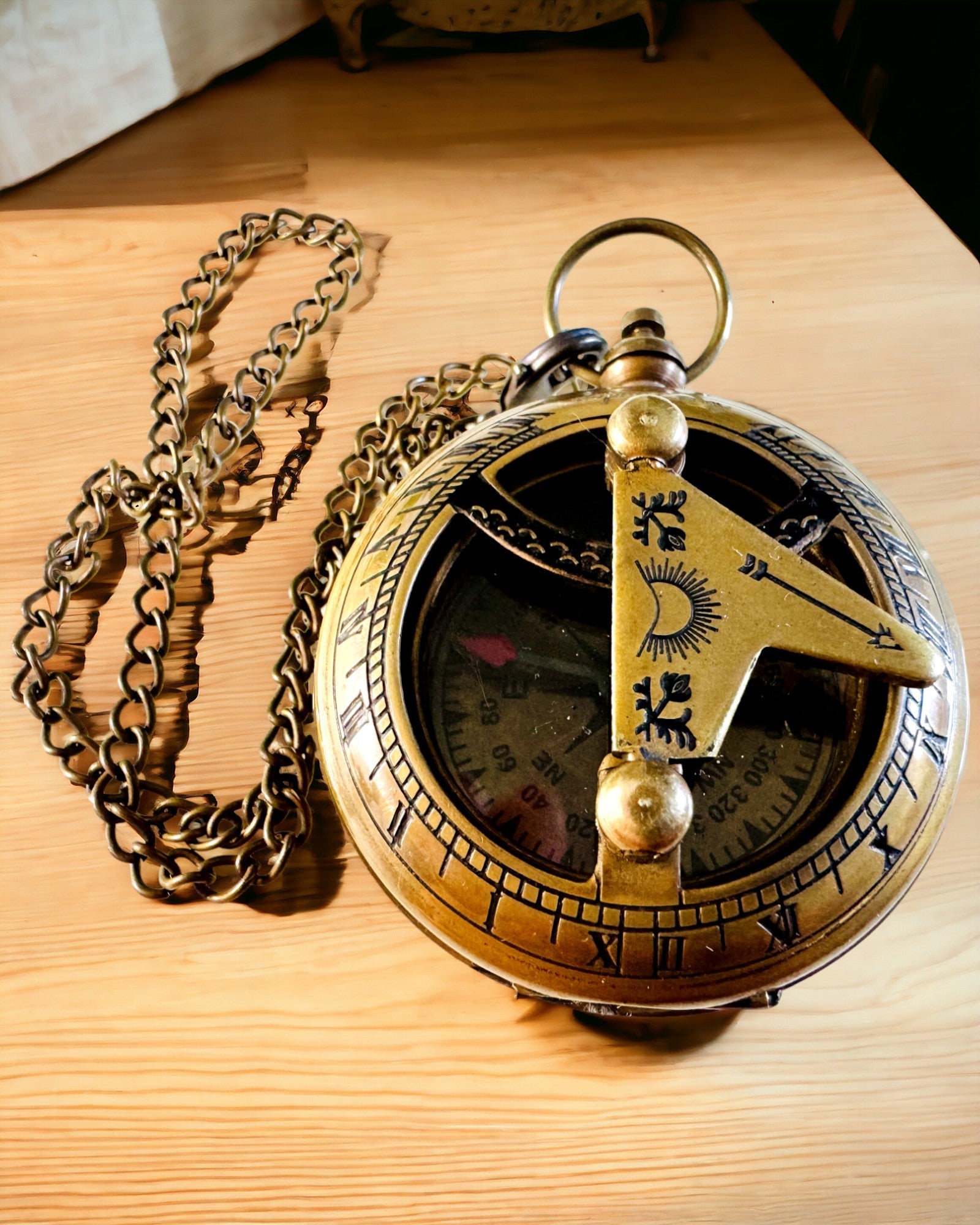
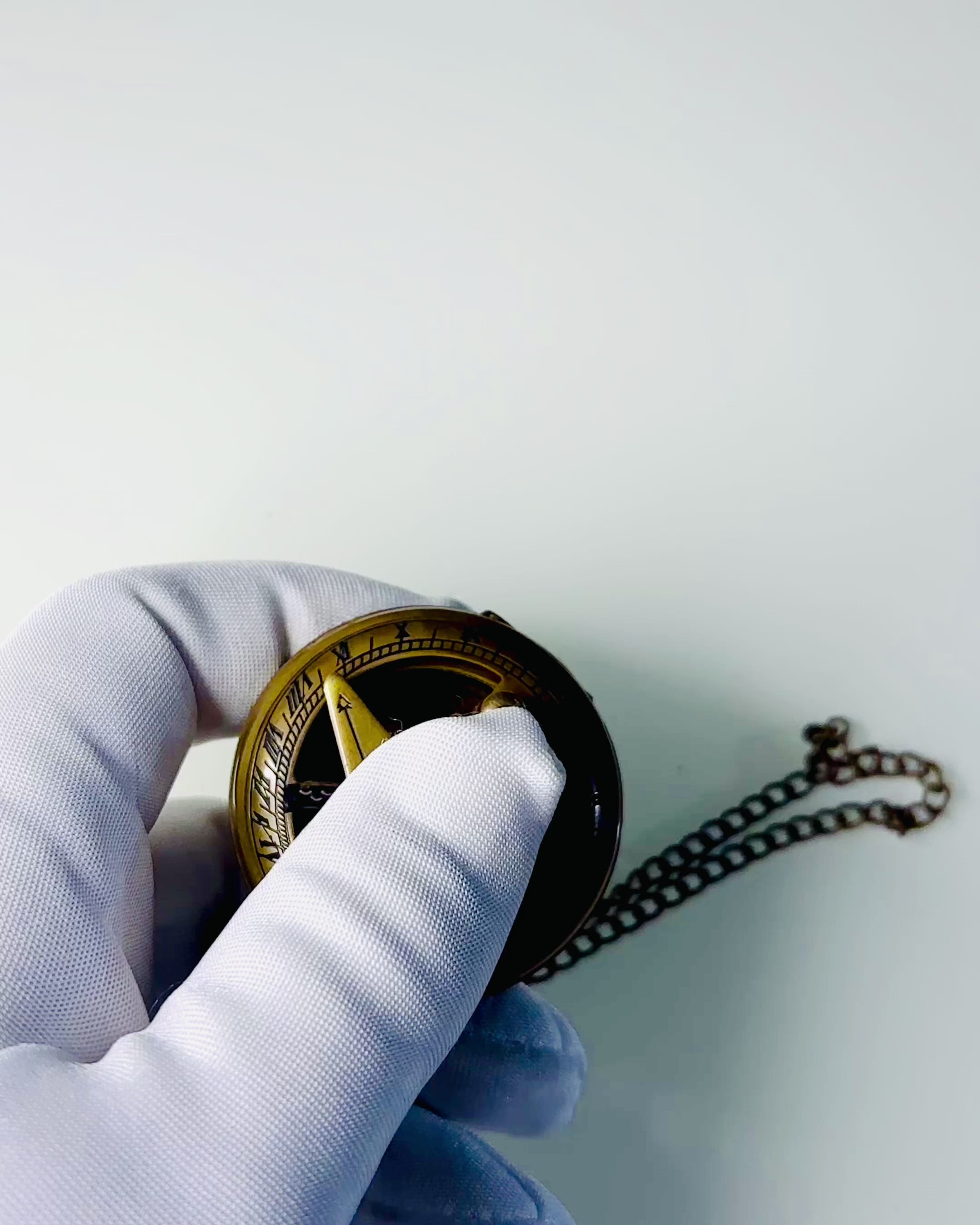












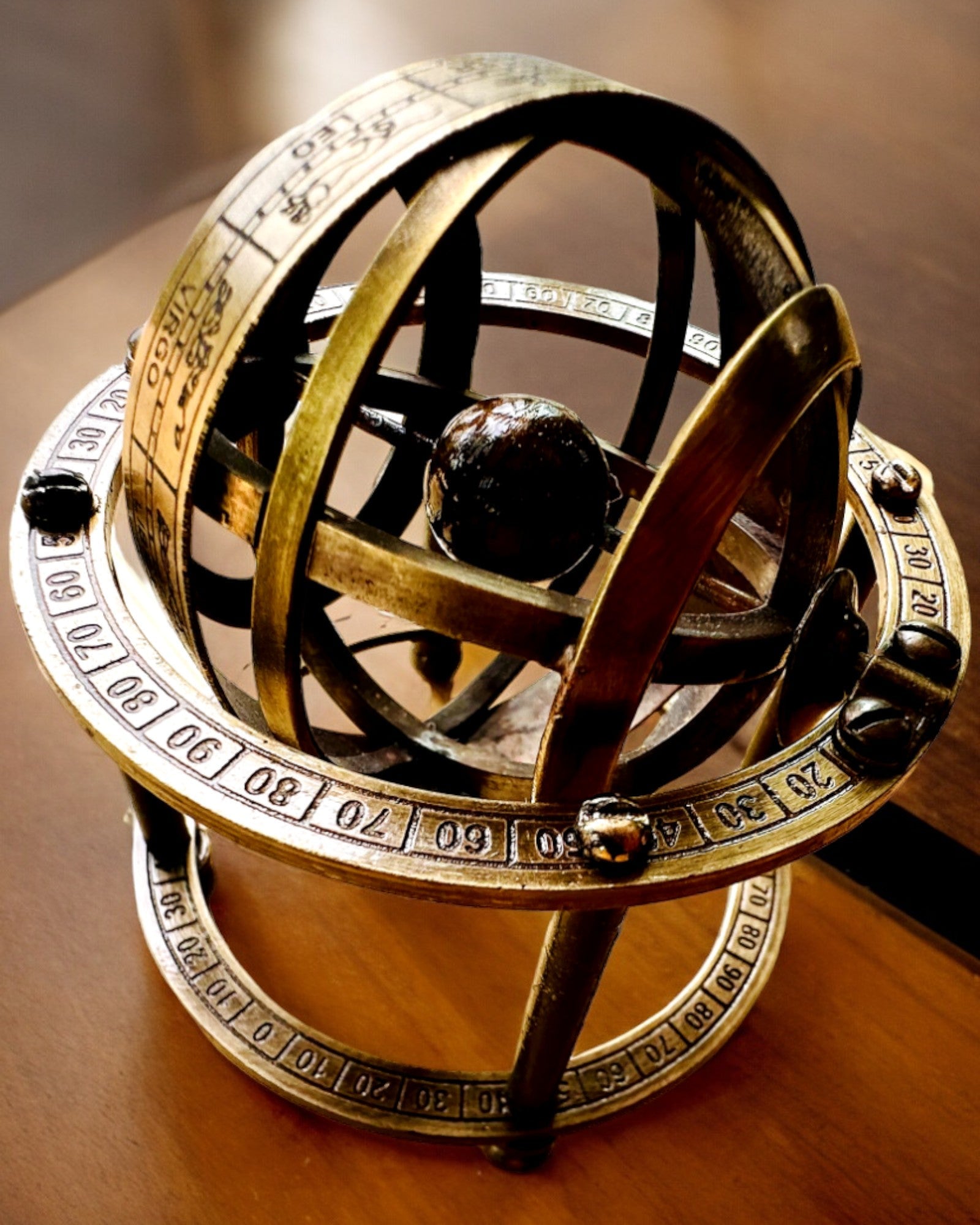
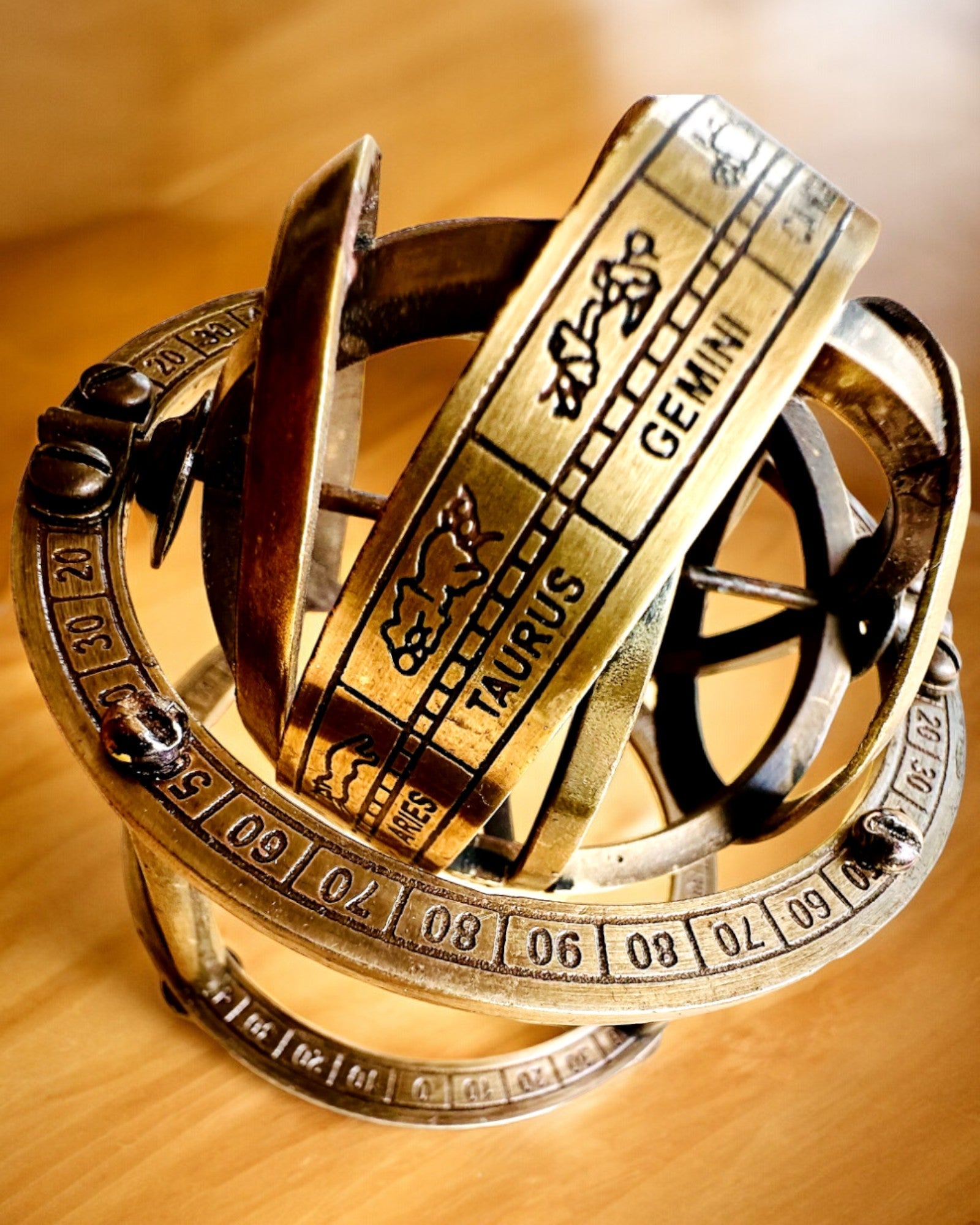
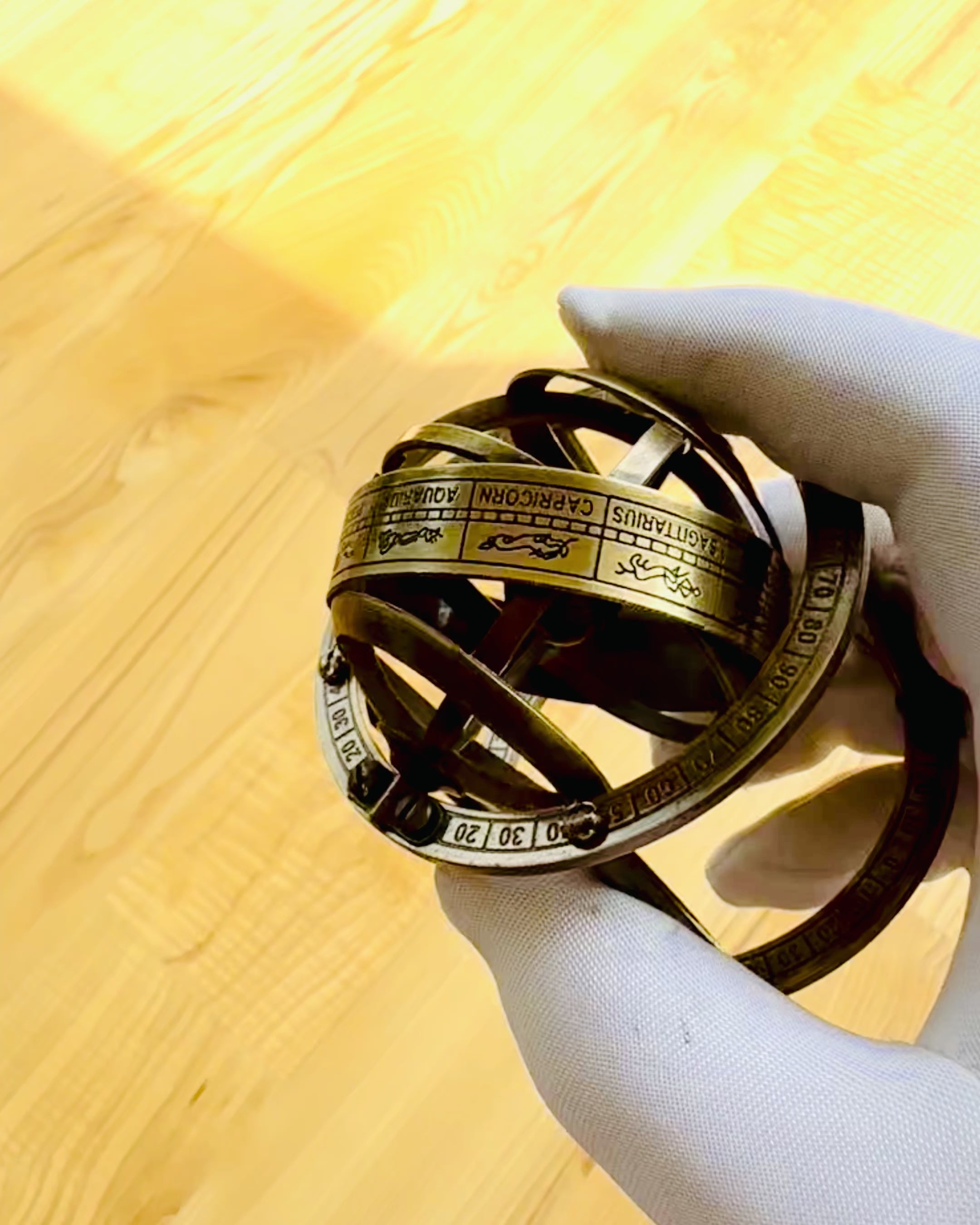







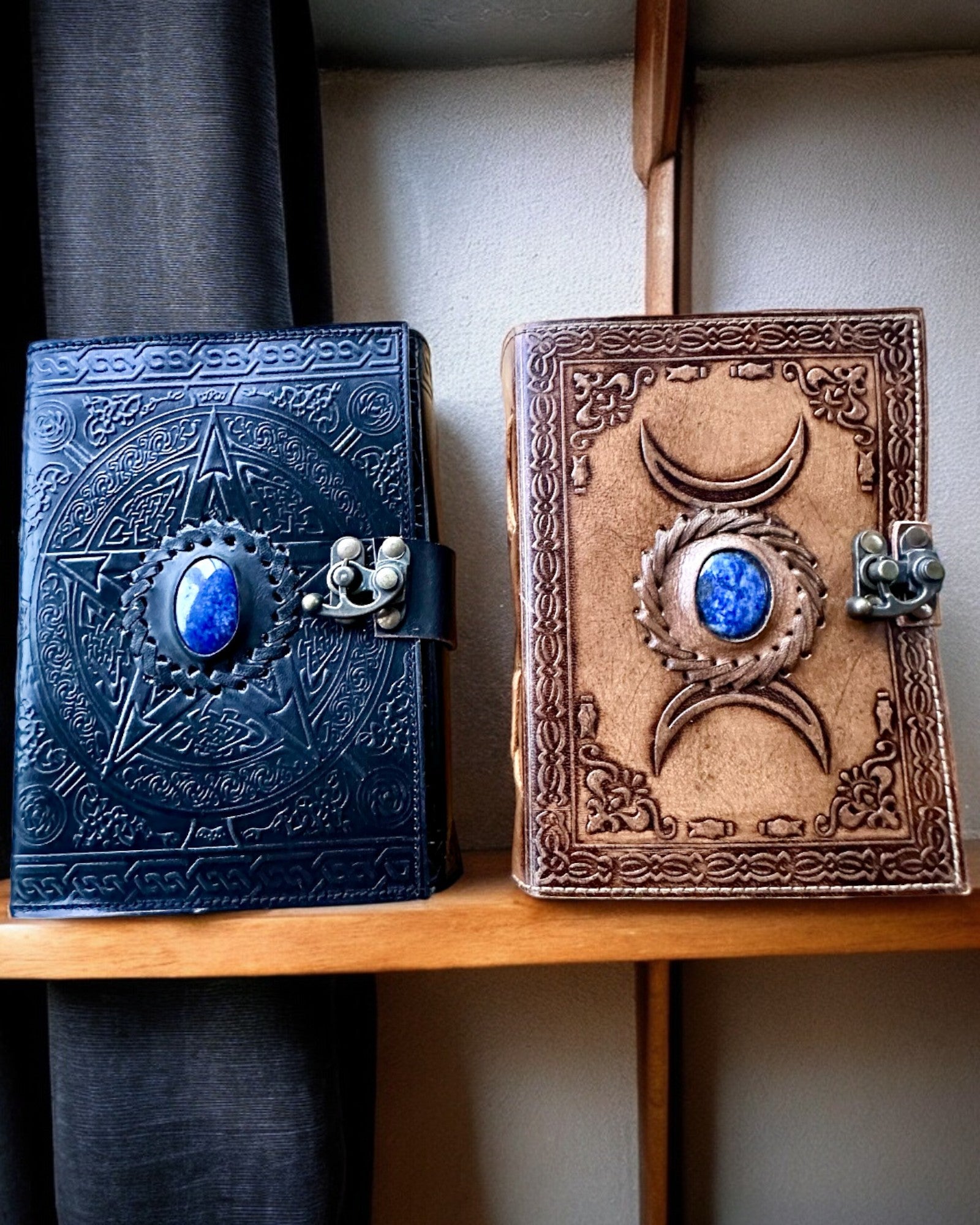

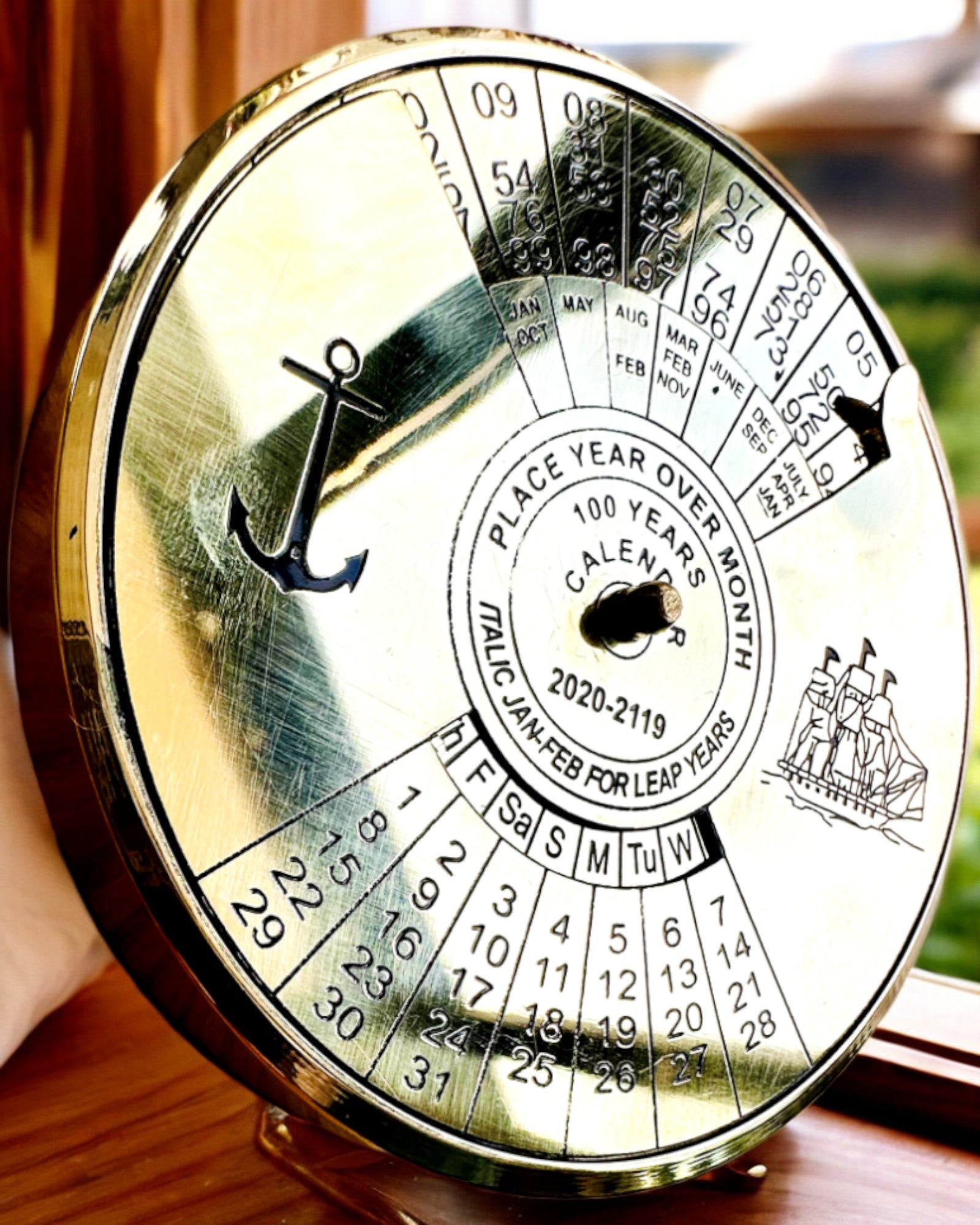
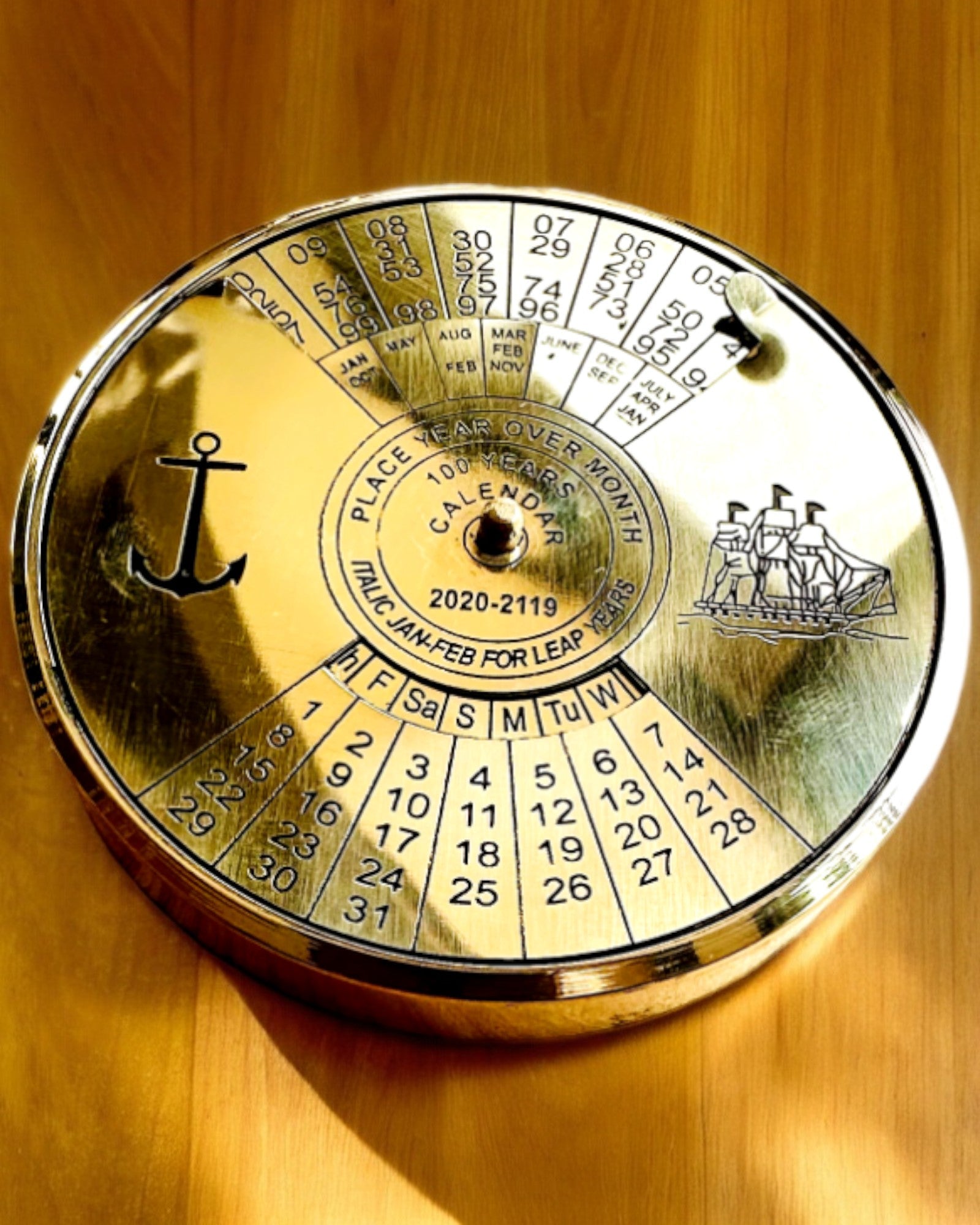
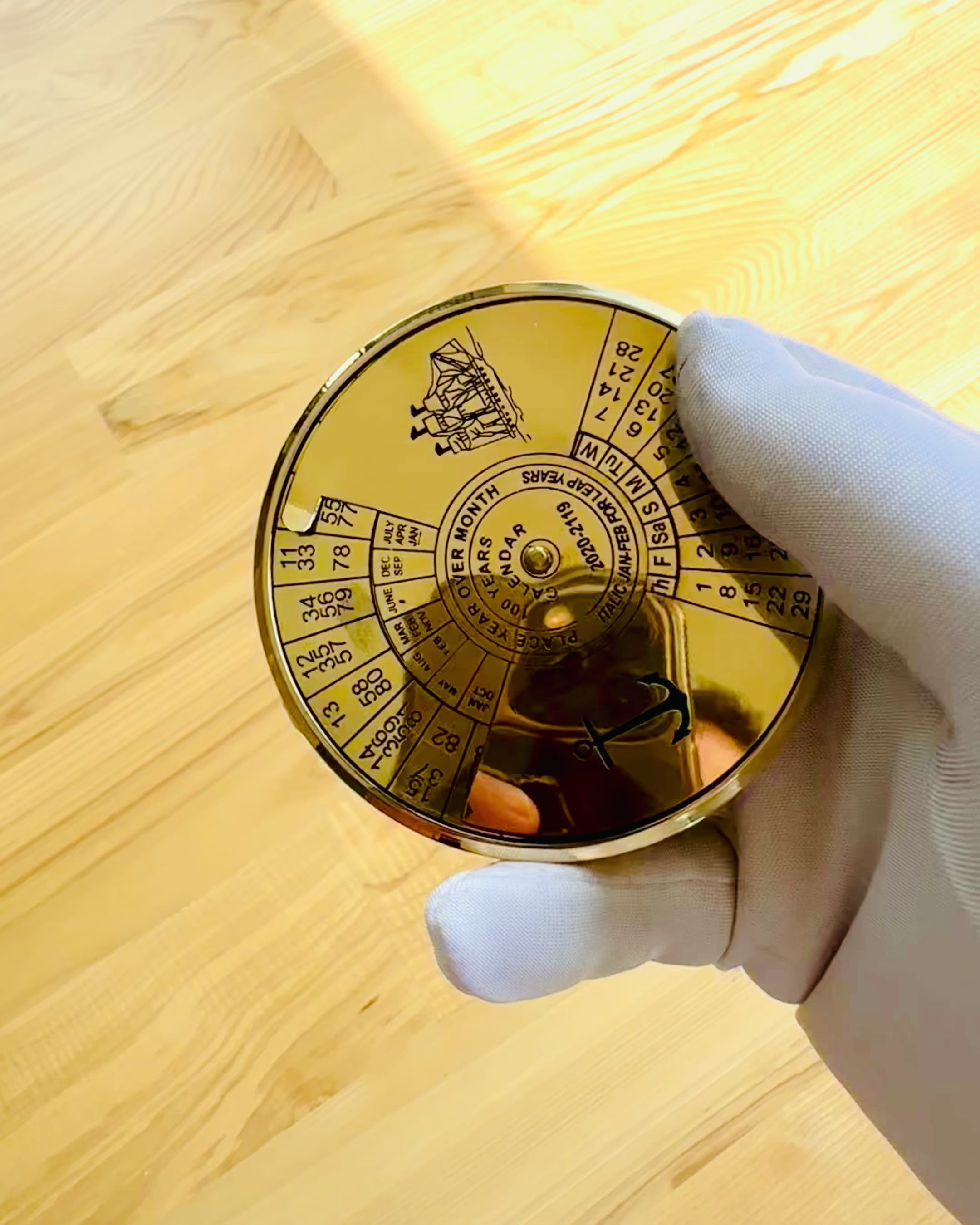
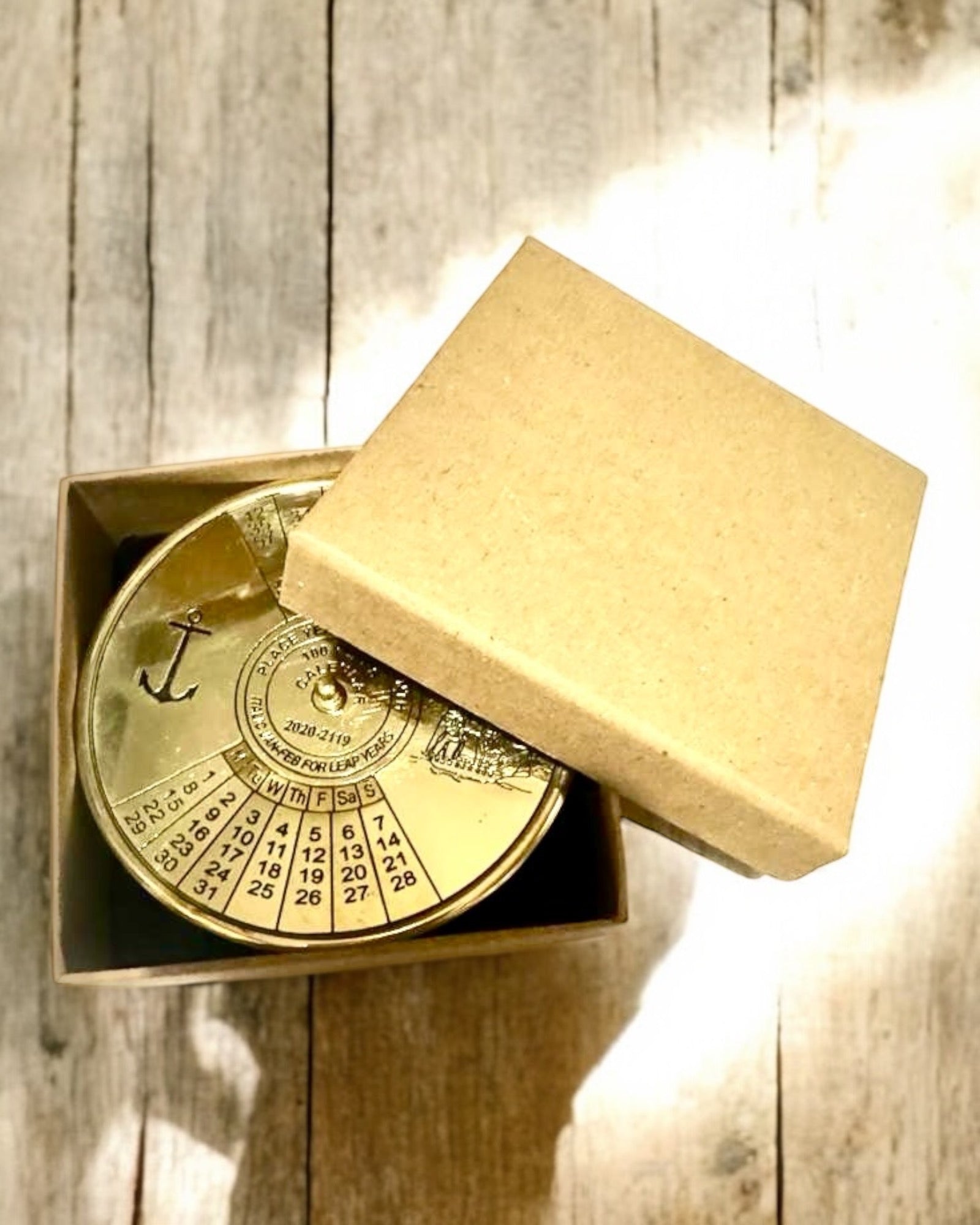
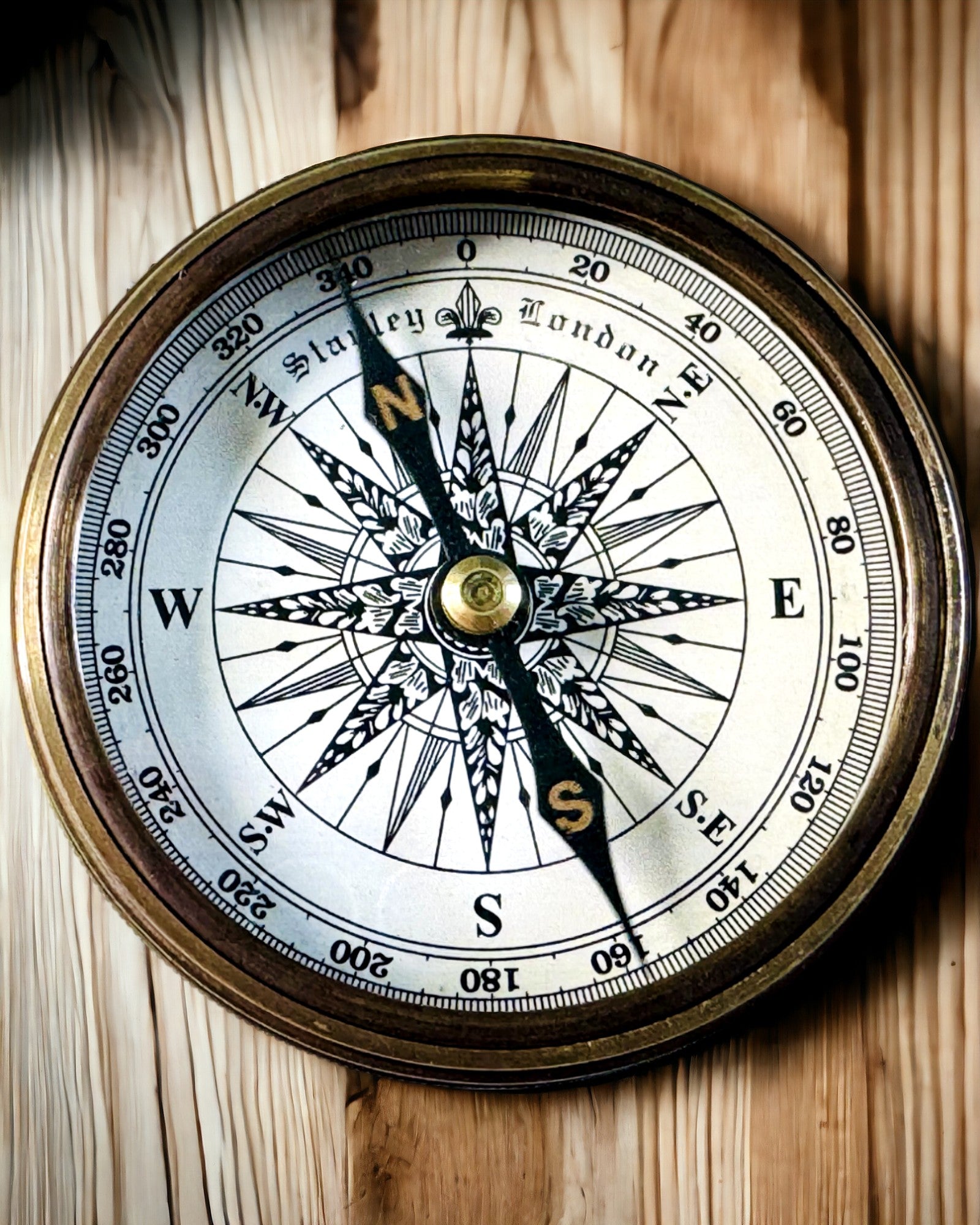
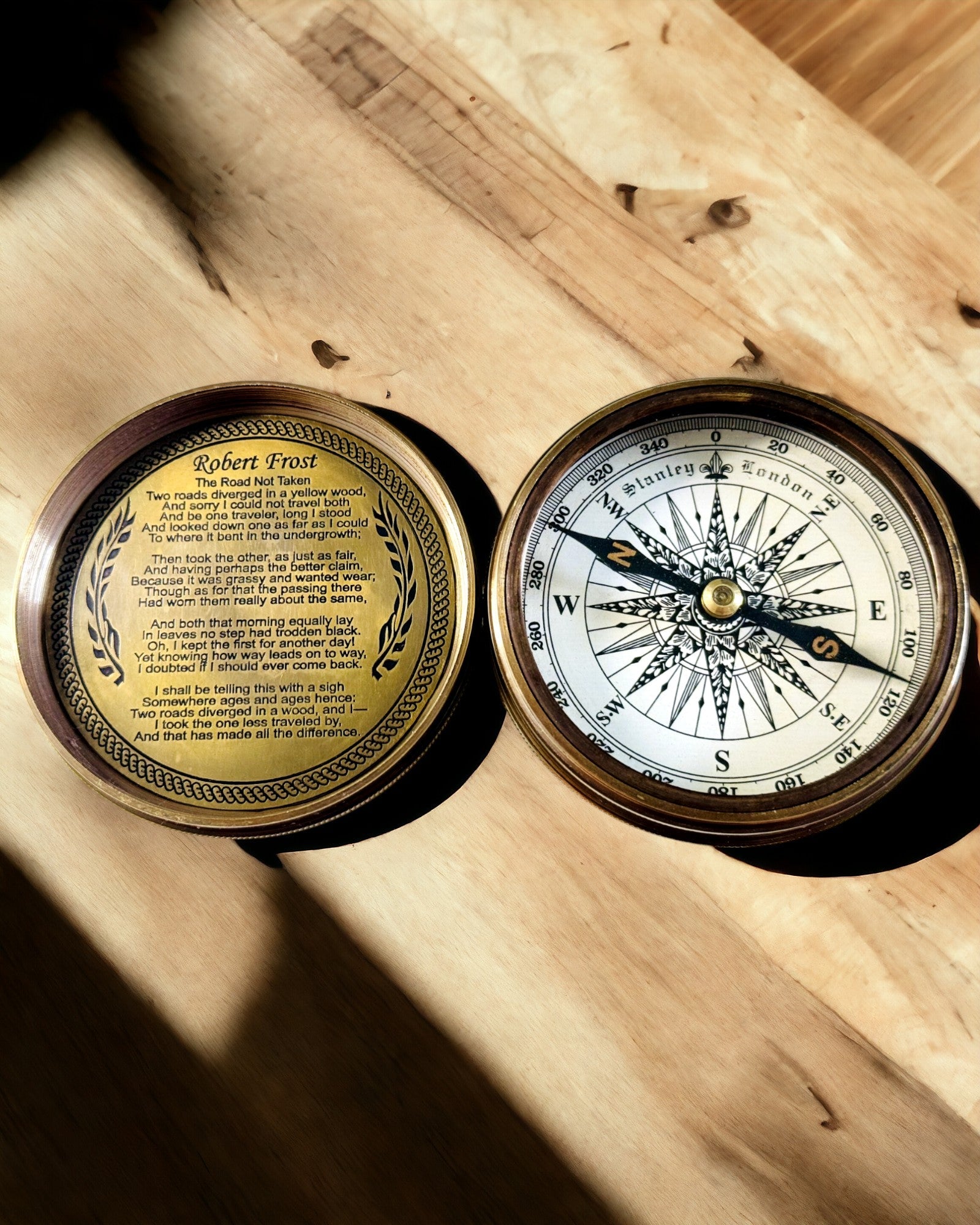

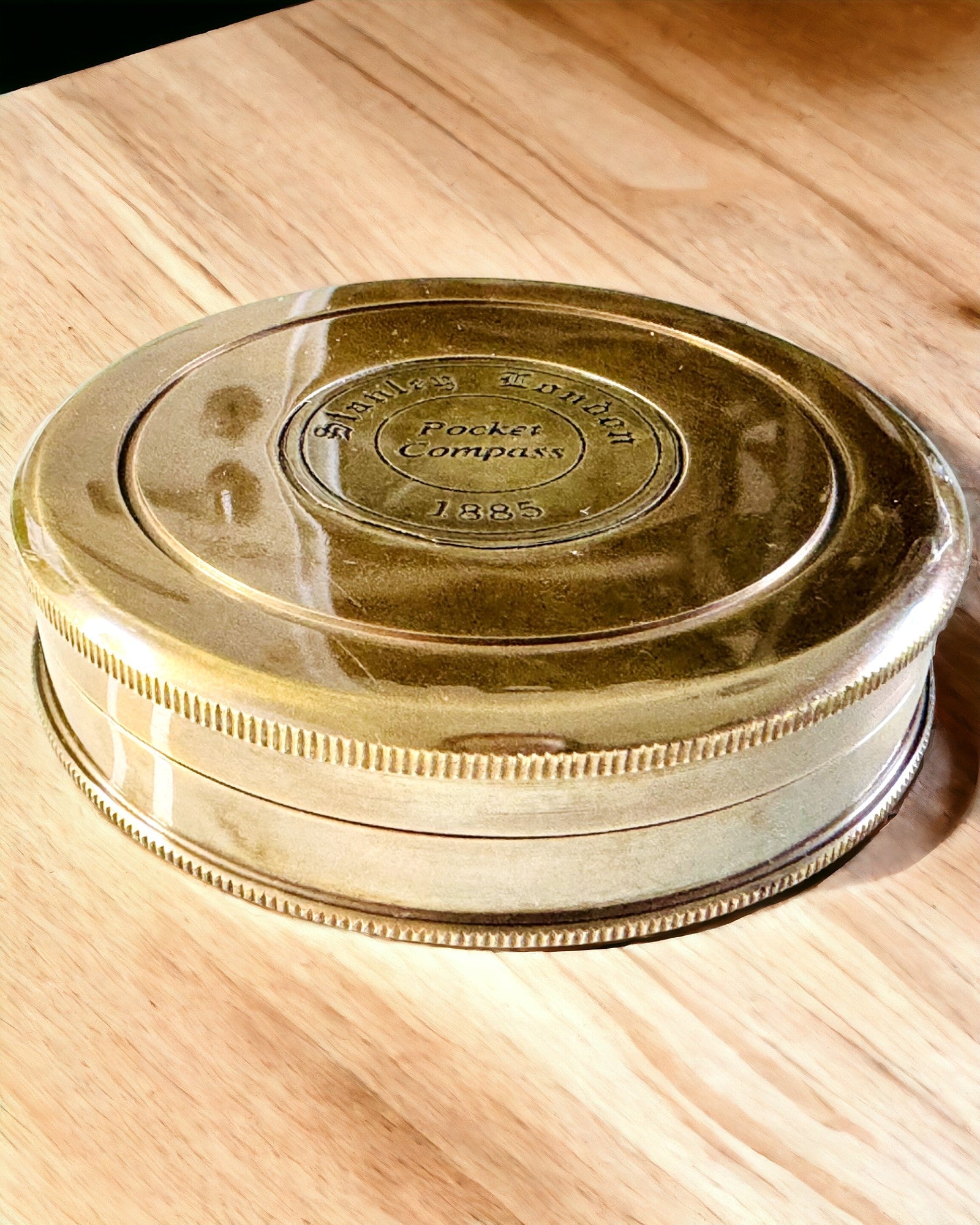




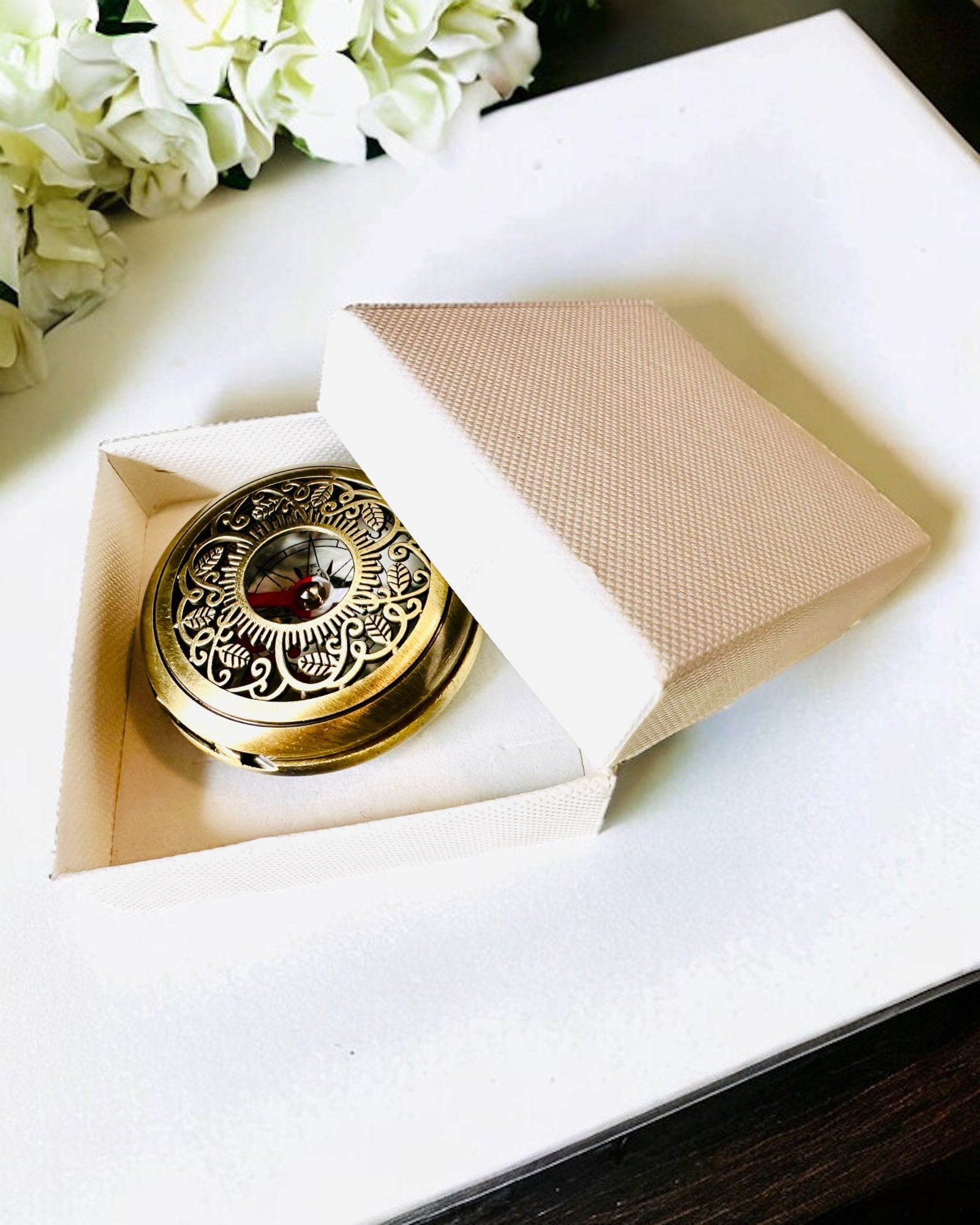

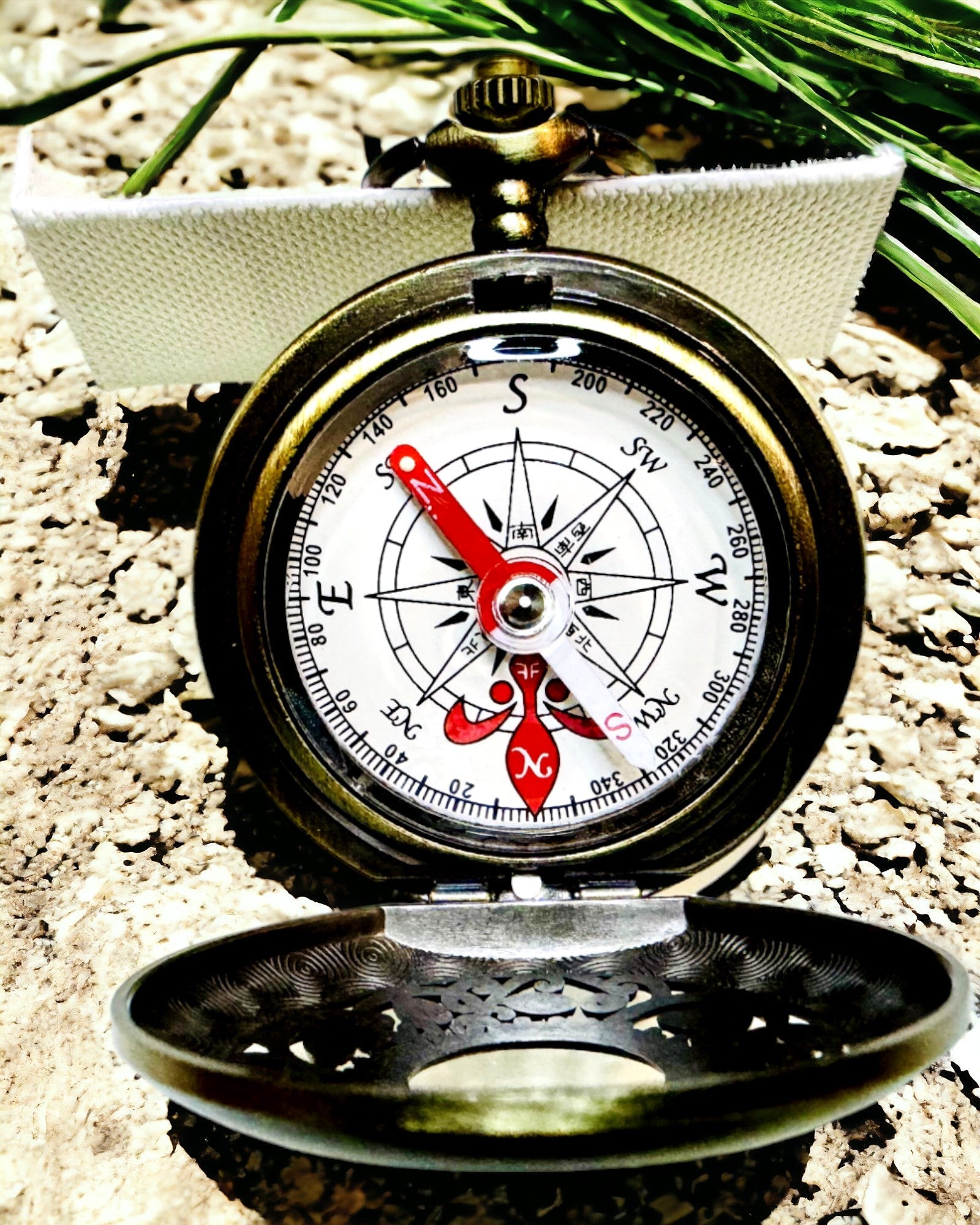
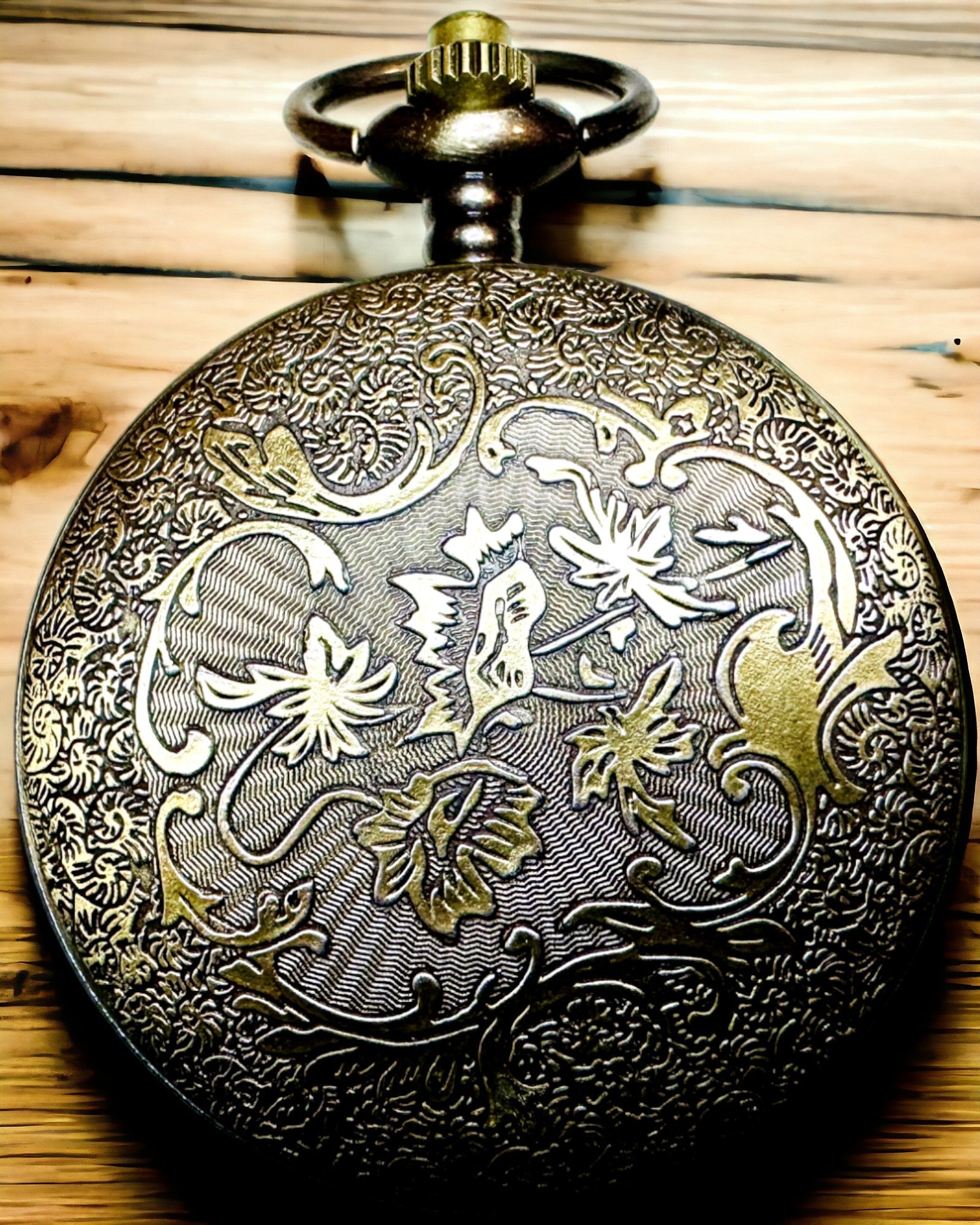
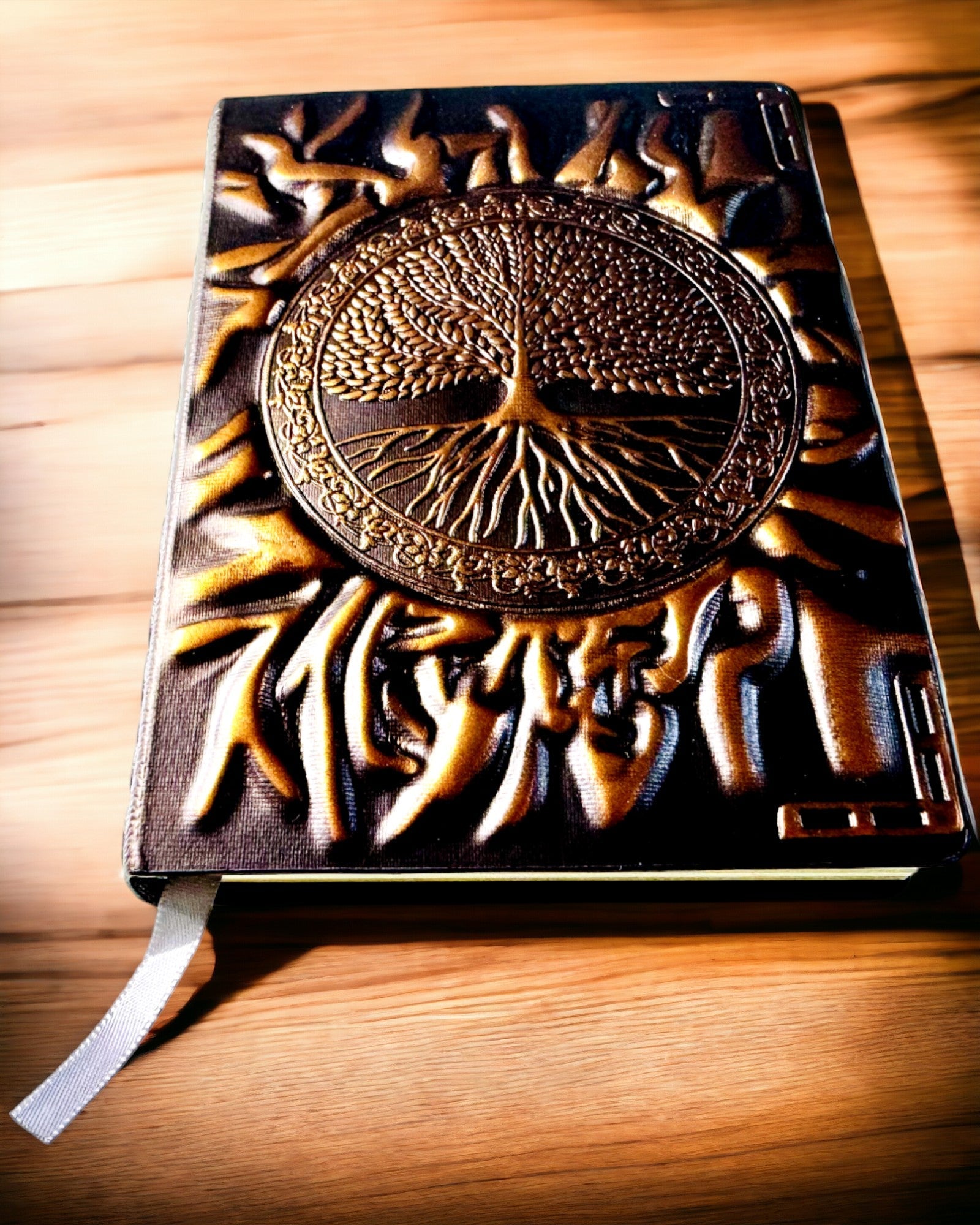
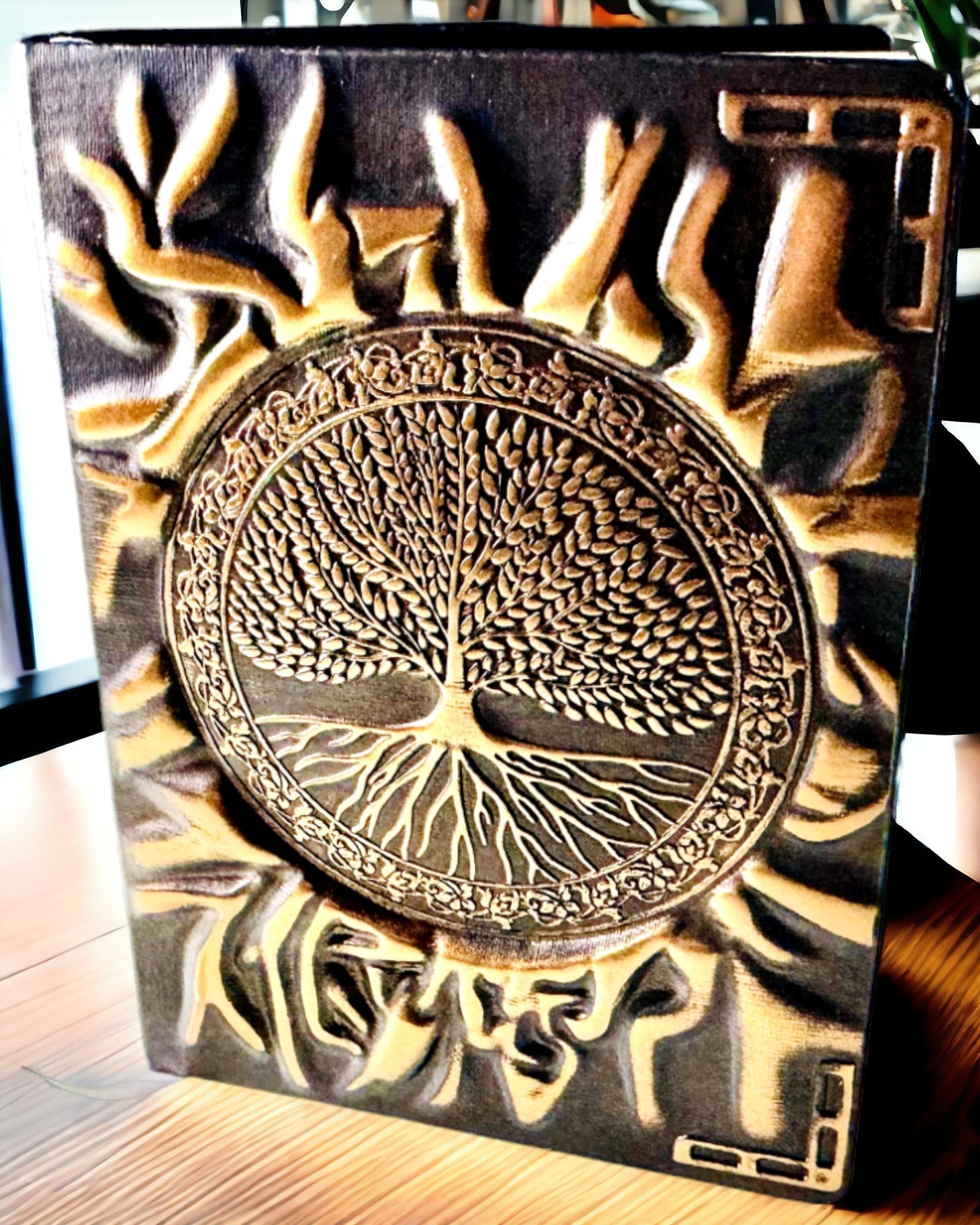
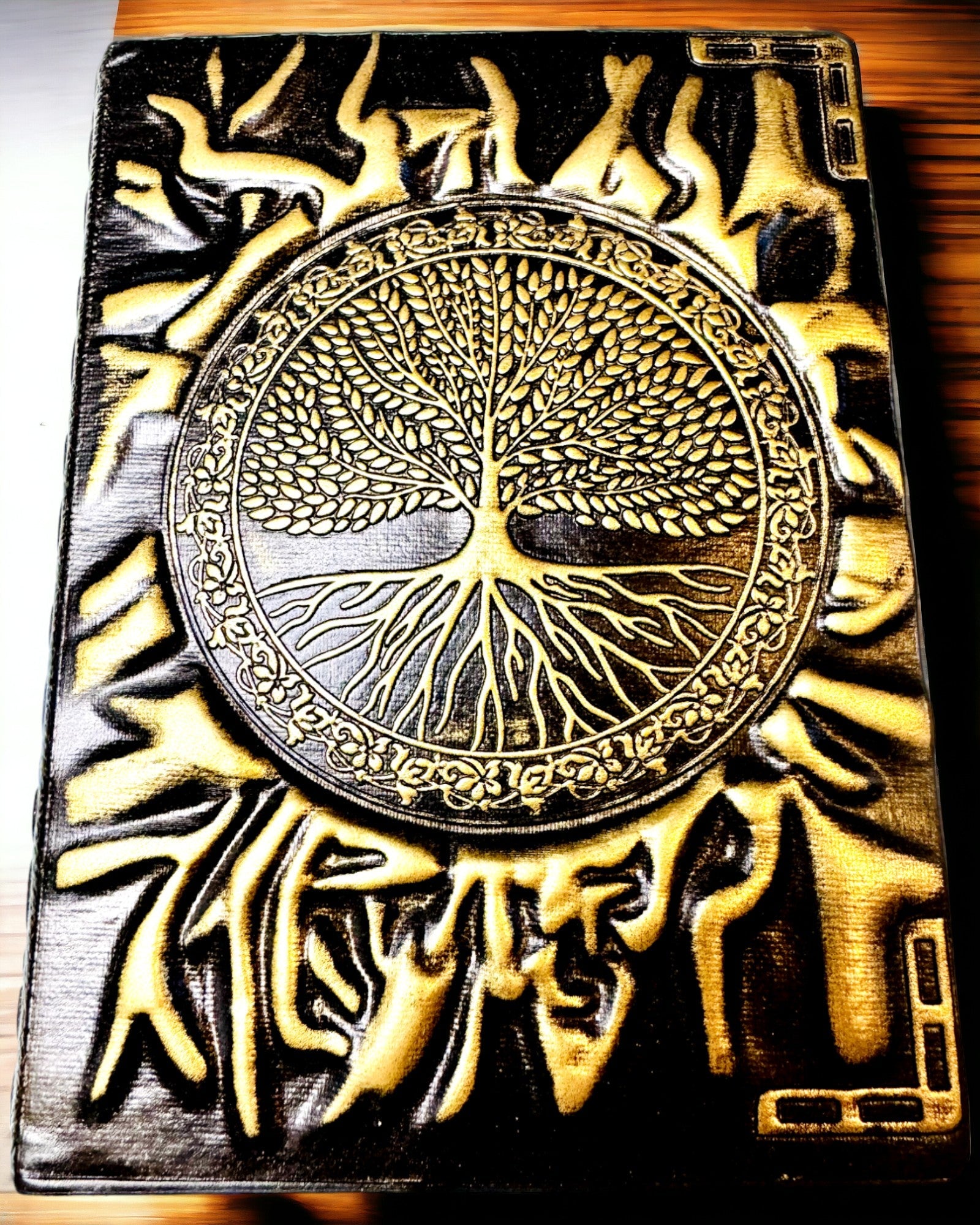




"Beard in Men: History, Significance, and Interesting Facts"
Ideal gift for a man on his 50th birthday